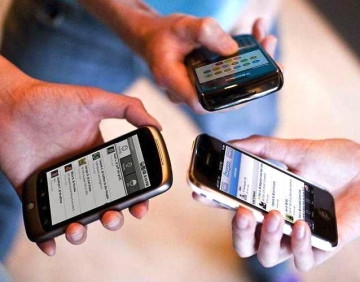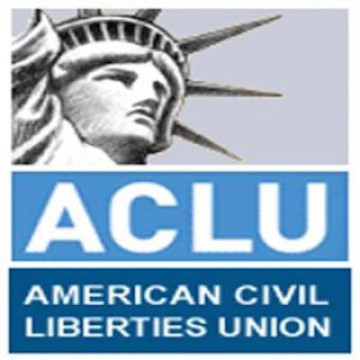Should Providence Schools Ban Cellphones in Classrooms?
Thursday, August 22, 2019
95% of teens have access to a smartphone, and 45% say they are online 'almost constantly' according to Pew Research.
The devices can be powerful information tools, but now there is the beginning of a movement to ban cellphones in classrooms in Providence.
The head of Providence’s Teachers Union Maribeth Calabro tells GoLocal that the time has come to limit -- or remove -- students' access to cellphones in the classrooms in Providence schools.
GET THE LATEST BREAKING NEWS HERE -- SIGN UP FOR GOLOCAL FREE DAILY EBLAST"Cell phones are a huge problem. Students refuse to put them away. They won’t give them to teachers when asked. It’s a nightmare," said Calabro, who on Wednesday shared an article about a California high school that is banning cell phones. "Something needs to be done."
Issue in Focus
The scathing look at Providence schools in the Johns Hopkins report released this spring found that teachers were frustrated with the use of cellphones
“There’s no penalty for being on a phone [in class ]. At least 10 phones out are in my class every day. They are Facetiming and watching Netflix in the classroom with no headphones,” Johns Hopkins University researchers were told.
“Students are on their phones constantly. They don’t even talk to each other," said another teacher.
According to Hopkins, "students’ remarks supported these reports. A representative comment from one of them."
"There is constant phone usage among students. There’s no consistent policy for phones, every teacher is different. Some you have to put it away but others it’s a struggle. Some teachers don’t care.”
On Thursday, RIDE is hosting a "focus group" for students -- on cell phone policy.
Commissioner Weighs In
“She believes the best practice is to significantly limit cell phone use in schools, and to prohibit it completely during instructional time unless it is being used to facilitate student learning,” said Meg Geoghegan, spokesperson for Angélica Infante-Green.
Much of the district's problems may be tied to the lack of a policy -- and nearly everything is one the table as Providence’s failed school system is in the midst of a state takeover.
“Something needs to be done. [But] if parents and community aren’t going to support the initiative, whatever we choose, it won’t matter!" said Calabro.
One teacher told Johns Hopkins, “Students emulate others exhibiting poor behavior because there is no discipline. One student not doing work became two and then three. They see that they can just sit on their phone and watch videos and not work.”
Complex Problem
The issues can be complex than banning or not banning.
In 2018, France banned cellphones in the classroom in schools up through the 9th grade throughout the country.
Now, schools in California are moving forward with classroom bans.
At San Mateo High School in the San Francisco Bay area, students are required to lock their phones in a Yondr bag.
“Devices remain in the student’s possession, but they aren’t able to access them, the school said. The program was funded with a $20,000 grant. The pouches have been assigned to students at no cost, but losing one will cost the high-schoolers a $25 replacement fee,” reports NBC News. Yondr claims it is being used in 600 schools across the country.
The American Civil Liberties Union has repeatedly warned that taking phones away from students has complexities.
Cellphones Rule and Privacy
If a ban in the classroom is implemented in Providence, then issues may be more complex than one might think.
Questions emerge as to who collects the phones and who is responsible for them if they are stolen or damaged in the school's control.
In addition, privacy issues emerge.
"The Supreme Court has held that neither students nor teachers shed their constitutional rights…at the schoolhouse gate. The digital revolution doesn't change that," said Kade Crockford, director of the Technology for Liberty Program at the ACLU of Massachusetts writes. "The ACLU believes public schools can provide their students with the latest digital technologies while preserving their constitutional rights to privacy and due process."





